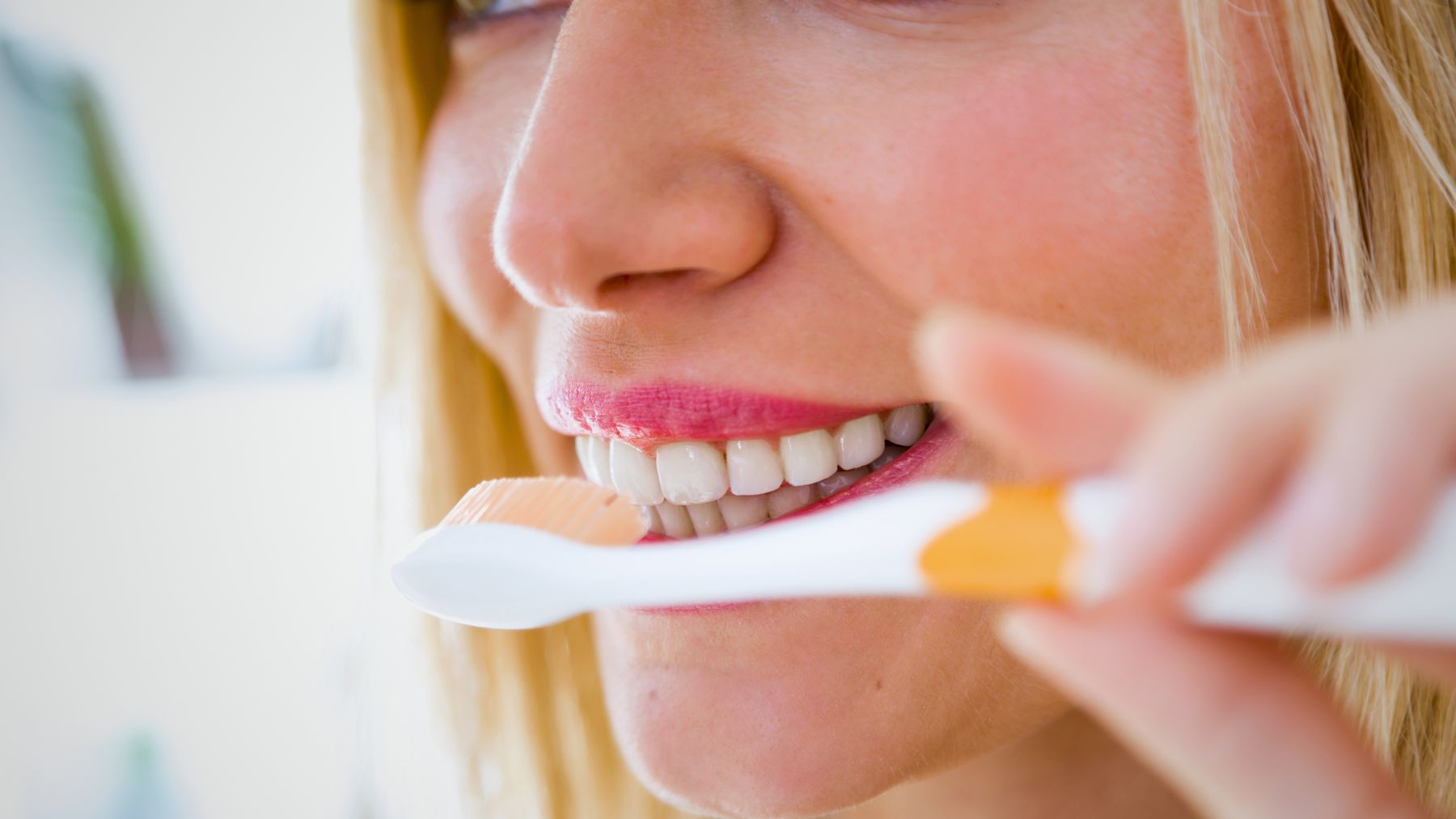While many know that candy and soda can damage your teeth, recent findings reveal that common starchy foods may also pose risks. A study from Cornell University suggests that bread, rice, and potatoes can be just as harmful for certain individuals. In some cases, genetic factors significantly influence how these foods affect your oral health.
Here, we’ll cover how these foods can lead to dental issues and share simple steps to keep your smile healthy. You’ll learn why starchy foods, even when they seem harmless, might work against you. Let’s begin.
The unexpected foods that can harm your teeth
For years, dentists warned us to cut back on sugar. Now, research shows that starchy foods like bread, rice, and potatoes contain carbohydrates that your saliva converts into simple sugars. This process occurs more quickly if you have multiple copies of the AMY1 gene. People with this genetic trait produce increased amounts of amylase, the enzyme responsible for breaking down starch in your mouth. Once the starch converts to sugar, it feeds bacteria that produce acids, which attack your tooth enamel and can lead to cavities.
As you chew starchy foods, the enzyme amylase begins digesting them right in your mouth. In individuals with a higher count of the AMY1 gene, this conversion occurs rapidly, resulting in a spike in sugar levels that bacteria such as Streptococcus eagerly consume. These bacteria produce acids that gradually wear down your enamel. Other harmful bacteria, like Porphyromonas endodontalis, may flourish, increasing the risk of gum infections and other dental issues.
Dental health tips to protect your teeth
Adopting small habits can help, especially if your body breaks down starch rapidly. Here are some simple tips to preserve a healthy smile:
- Brush your teeth after eating starchy foods to help remove the sugars produced during digestion.
- Use a fluoride rinse that strengthens tooth enamel and helps combat the acids produced by bacteria.
- Floss daily to remove food particles between your teeth, preventing bacteria from feasting on leftovers.
- Drink water to rinse away food remnants and create an environment less hospitable for harmful bacteria.
- Although you don’t need to eliminate bread or rice completely, be mindful of portion sizes and balance your meals with plenty of fresh produce.
- Visit your dentist regularly to detect early signs of decay. Consult your dentist about additional recommendations for you.
Sugar has long been considered the enemy of healthy teeth, but recent findings indicate that starchy foods can also have a hidden risk. The way your body processes starch—particularly if you produce high levels of amylase—can elevate the amount of sugar in your mouth. This, in turn, creates an environment in which bacteria thrive, potentially causing cavities and gum issues.
Small changes in your routine can make a significant impact. Brushing, rinsing, and monitoring your diet are essential steps that help protect your smile, even if you enjoy a hearty bowl of pasta or a slice of bread. A simple adjustment to your daily habits may be all it takes to keep your teeth in excellent condition.
